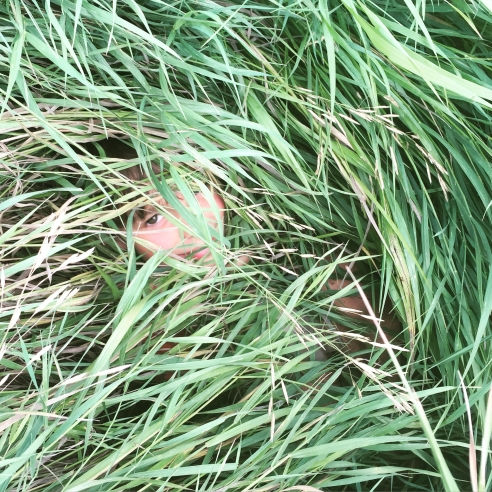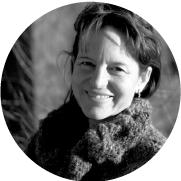Profanity for Children
- Lorca Smetana
- Oct 19, 2016
- 2 min read
Updated: Dec 6, 2022

Profanity for Children
I refrained from swearing near my young children,
not precisely for their sakes,
but as much in love for the darling Lutheran couple next door who,
already weighed by sorrow for our unsavedness
would be further dismayed to hear the Lord’s name taken in vain.
Perhaps, too, it wasn’t really my genius, lacking early conviction.
We sea kayakers are perhaps the less salty dogs.
Later, I did offer the kids three-score Elizabethan epithets
for the self-indulgent entertainment of hearing the snarls across the game board —
“Gleekish wraith-borne ambsace!” “Beslubbering sheep-biting hedge-pig!”
And I do want my children someday to wield skillfully words of power,
the words that most vigorously connect emotions to the outer world and also to one’s own body. “DUCK!” does not offer the same inner solace, does it?
World across, we each choose the obscenities that most shock our own inner alien —
the sacred, the sexual, the emissions, the slur.
We write dictionaries of slang, but use so few of the possibilities.
There's no hurry.
Like power saws, like intoxication, like sex,
we aim to withhold these words from children
until they can feel into their own, hopefully skillful wielding.
Still, it happens.
“Shit!” I say, as the sheep gleefully escape, causing my daughter to tuck her chin and
raise her eyebrows at me in mocking surprise.
“Well, fuck,” to a friend, and behind my shoulder my son starts giggling.
And I wouldn’t want to have missed finding them sniggering in a corner together over the blueness of Marge Piercy’s lovely poem, “Song of the Fucked Duck”.
Or one confides to me that the other soccer team was cussing a whole lot this time.
“You’ll survive?” I ask them cheerfully.
Because the profane words on my tongue taste different — the bad words
that darkened their world when spoken,
that linger like bile in the corner of the mind’s tongue,
how I actually did skew my own children’s growing selves.
I know these words too, and have said them, and cannot unsay them ever.
“No,” I said, I can’t play with you, which, viewed from shame feels never ever not a lie.
“Later,” I said, and even worse, made more bitter in my mind’s ear
by having been tossed again and again over my shoulder like spilled salt,
“Hurry!”
These dangerous words I regret, even as they are spoken.
Yet, in speaking these and all the others there is odd warmth inside, linking to the chains of generations of frayed parents, fired revolutionaries, those who fight, those who feel, those who can speak and are not muted by self or other.
Speak, my children. Join multitudes through centuries. Be skillful.
Know your bodies.
Know your words.


コメント